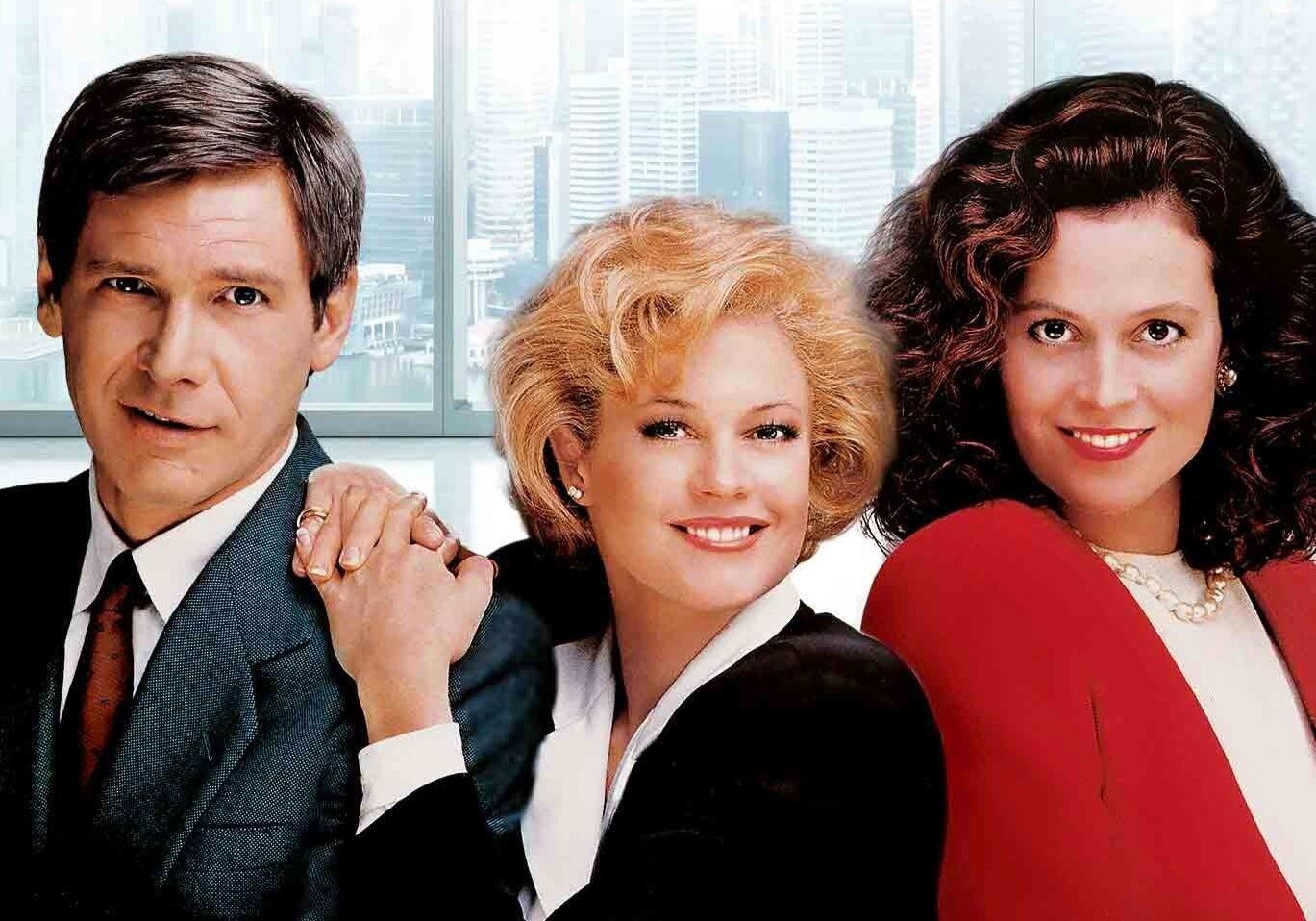The United States of Bed Bath & Beyond
To learn more about Epsilon Theory and be notified when we release new content sign up here. You’ll receive an email every week and your information will never be shared with anyone else.
Continue the discussion at the Epsilon Theory Forum
70 more replies
The Latest From Epsilon Theory
This commentary is being provided to you as general information only and should not be taken as investment advice. The opinions expressed in these materials represent the personal views of the author(s). It is not investment research or a research recommendation, as it does not constitute substantive research or analysis. Any action that you take as a result of information contained in this document is ultimately your responsibility. Epsilon Theory will not accept liability for any loss or damage, including without limitation to any loss of profit, which may arise directly or indirectly from use of or reliance on such information. Consult your investment advisor before making any investment decisions. It must be noted, that no one can accurately predict the future of the market with certainty or guarantee future investment performance. Past performance is not a guarantee of future results.
Statements in this communication are forward-looking statements. The forward-looking statements and other views expressed herein are as of the date of this publication. Actual future results or occurrences may differ significantly from those anticipated in any forward-looking statements, and there is no guarantee that any predictions will come to pass. The views expressed herein are subject to change at any time, due to numerous market and other factors. Epsilon Theory disclaims any obligation to update publicly or revise any forward-looking statements or views expressed herein. This information is neither an offer to sell nor a solicitation of any offer to buy any securities. This commentary has been prepared without regard to the individual financial circumstances and objectives of persons who receive it. Epsilon Theory recommends that investors independently evaluate particular investments and strategies, and encourages investors to seek the advice of a financial advisor. The appropriateness of a particular investment or strategy will depend on an investor’s individual circumstances and objectives.









Ouch painful to read as I’m quite invested in this one.
I hope you are wrong and I’m not that weak or gambling.
Turns out definitions actually matter
Curious what you hope Ben is wrong about here?
Well I think his perspective on Ryan Cohen seems slanted. He hasn’t created the typical stock buy back programs in the companies he runs. I know Ben has a huge problem with that.
He has also been pretty successful in turning around GME regardless of the “meme” investing movement. Back to basics and for the most part not overleveraging or wasting money on stupid projects.
More than that, I think he’s been more organic trying to build a community through the NFT culture and his presence on twitter is aligned with a lot of what Ben says: his brave stance against covid response and partisanship.
So in a lot of ways I think Ben has things in common with Ryan.
As to his characterisation of the people invested in the company, yes there are people who want to make a quick buck or grift for squeeze^TM but there are also genuine people who shop at the stores and see it as something worth protecting over the consolidated experiences of amazon or wallmart. Just from personal experience of interacting with them.
As someone who doesn’t care to have a kid and doesn’t live in US, their love of the store kinda touches me. To read Ben characterise that sentiment with a broad brush of 99% grifty men and gamblers does itch a little.
As to his perspective on Tritton he was fairly soft and I think he didnt touch upon him accelerating the stock buy back program:
https://www.bloomberg.com/news/articles/2021-11-02/bed-bath-beyond-soars-on-share-buybacks-plans-for-marketplace?in_source=embedded-checkout-banner#xj4y7vzkg
I can’t access it due to paywall.
But why is this not considered a bust out? Plus I think he was excessively paid relative to the market cap and comparative roles in retail…
But I hope he’s wrong because I’m hoping for restructuring which doesn’t wipe out the shareholders who bought for various reasons. I think Ben mischaracterises that as gambling when some people believed in the company or other figures. It was actually an act of good faith and pretty good intentions for some people, which being rewarded with being wiped out seems unfair and the problem with society today; everyone’s trying to grift.
So yes, I hope he’s wrong about the management and Ryan Cohen and hopefully the community I joined wasn’t false.
But either way, learning curve. I’m happy to be a brain to be picked in this scenario because I’ve been pretty involved from the beginning til now.
Just a marvelous note. I would love to see a bigger discussion about each of the bust-out phases from Clinton to Biden, and see if we can’t manage to detect (with the gift of hindsight) how obvious they were while they happened.
Thank you Ben for your clean explanation in a world filled with spittle-flecked hysterics. The forces you describe can do anything but stop.
Tritton was absolutely part of Bust Out 2. He was 2A and Cohen was 2B. It’s the proxy activists who brought Tritton in that I don’t consider to be part of a bust-out. They were long gone before the buyback program was reaccelerated by Tritton and the board.
Cohen is a con man. He’s also a good founder who created something useful and was rewarded for it. Those two things can live side by side. He may well do great things with GME. I hope he does. But he knew that his minions on Reddit were exit liquidity and he treated them as such. Is he a villain or a hero? Yes.
Thanks for the clarification.
Also when Ryan sold his stake, I believe he sold to a private entity. I’m not sure it’s simply that he dumped the shares on the open market.
But this whole thing was a lot more convoluted than I expected and requires someone probably financially trained to deal with the complexities. You could think of my process like boiling a frog more than gambling. I’m still trying to understand where it will go and I’m not entirely convinced it’s to 0.
If it does, you can find me making a post of having survived a cult later on.
Well it remains to be seen in my eyes currently…
He’s listed as one of the interested parties in the restructure.